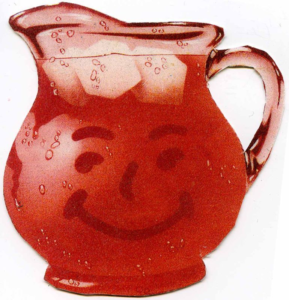Unlike basketball or football, baseball seems to me painfully slow to watch. Evidently, I am not the only one who feels that way. According to this from USA Today. The rules of the game have been changed to speed it up.
We are witnessing major changes in the game, and perhaps I missed it, but there doesn’t seem to be the polarization we see almost everywhere else? Why isn’t boxing illegal? Don’t we believe knocking a person out leaves permanent damage? I could go on and on, but work with me here. Something truly amazing has happened.
As you study the graphic and start watching the outfall from these new rules, I am sure the pace for the game will increase. That will no doubt have side effects that detract from the game like added time for commercials. As I watch the evening news, I have clocked the time covering news rather than playing commercials, and it is now absurd. Where are the rules that news shows have to have more than half of their time covering content to be considered news. Our local newspaper has rules that advertising content cannot exceed 1/3 of the paper.
I have been amazed at the civility of this transition in baseball. Look at these closing comments in an excellent article from February 16th in the Wall Street Journal:
“The rollout of the rules will likely lead to some early moments of confusion over violations and frustration by players who are adapting to new restrictions. Data had been collected through a survey of minor league players who had experienced the pitch clock and said that “90% of them said they were able to adjust within a month.” Spring training runs about six weeks, and MLB hopes that will be long enough for most issues to have been ironed out by Opening Day.”
“Major League Baseball is embarking on a gamble against its conventions. The league hopes to preserve and increase future interest in the sport by reverting it closer to its roots through the use of novel rules. Baseball’s past, present, and future will coalesce in an attempt to deliver a sustainable version of the sport. The clock has started, now everyone must assume their stance.”
I want to see research into how and why this transition seems so easy and everything else in the world seems frozen against change. Is it because everyone in the baseball business was looking at the relentless decline in their fans following the sport? Is it because there are just a few in power in the right places who all see handwriting on the wall and have the power to change things? Contrast these changes with the state of our political system as summarized by Senator Joe Manchin the Wall Street Journal.
My point is that there is something to be learned here, and I really want those who can do this research to do it. We need new rules everywhere, in our politics, in our media, in our communications.





